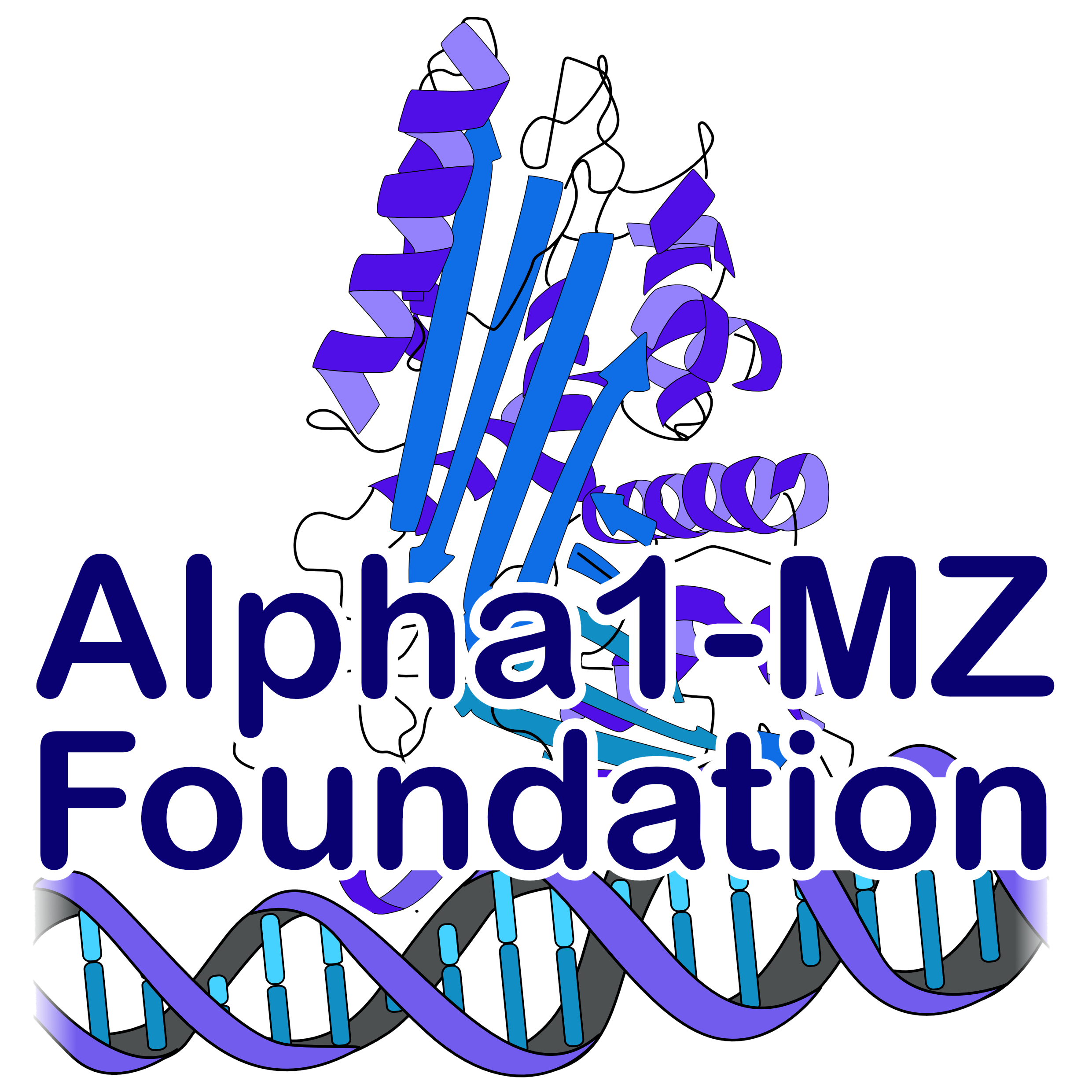Effects of alpha-1 antitrypsin deficiency
Alpha-1 antitrypsin (AAT) deficiency is a genetic disorder that primarily affects the lungs and liver, but it can also impact other organs.

Lungs: AAT protects the lungs from inflammation and damage caused by neutrophil elastase. Deficiency leads to uncontrolled enzyme activity, causing progressive emphysema, chronic obstructive pulmonary disease (COPD), bronchiectasis and increased susceptibility to infections.
Liver: Misfolded AAT proteins accumulate in liver cells, leading to chronic liver disease, fibrosis, cirrhosis, and an increased risk of liver cancer. This can occur in both children and adults.
Intestine: Some patients experience inflammatory bowel disease (IBD), likely due to dysregulated immune responses.
Other organs: AAT deficiency has been linked to vasculitis, pancreatitis, and skin conditions like panniculitis, characterized by painful skin nodules due to unregulated inflammation.
Early diagnosis and management, including smoking cessation, and monitoring for liver complications, can help slow disease progression.
